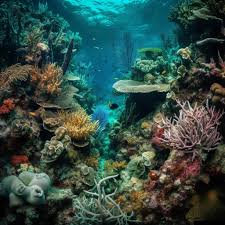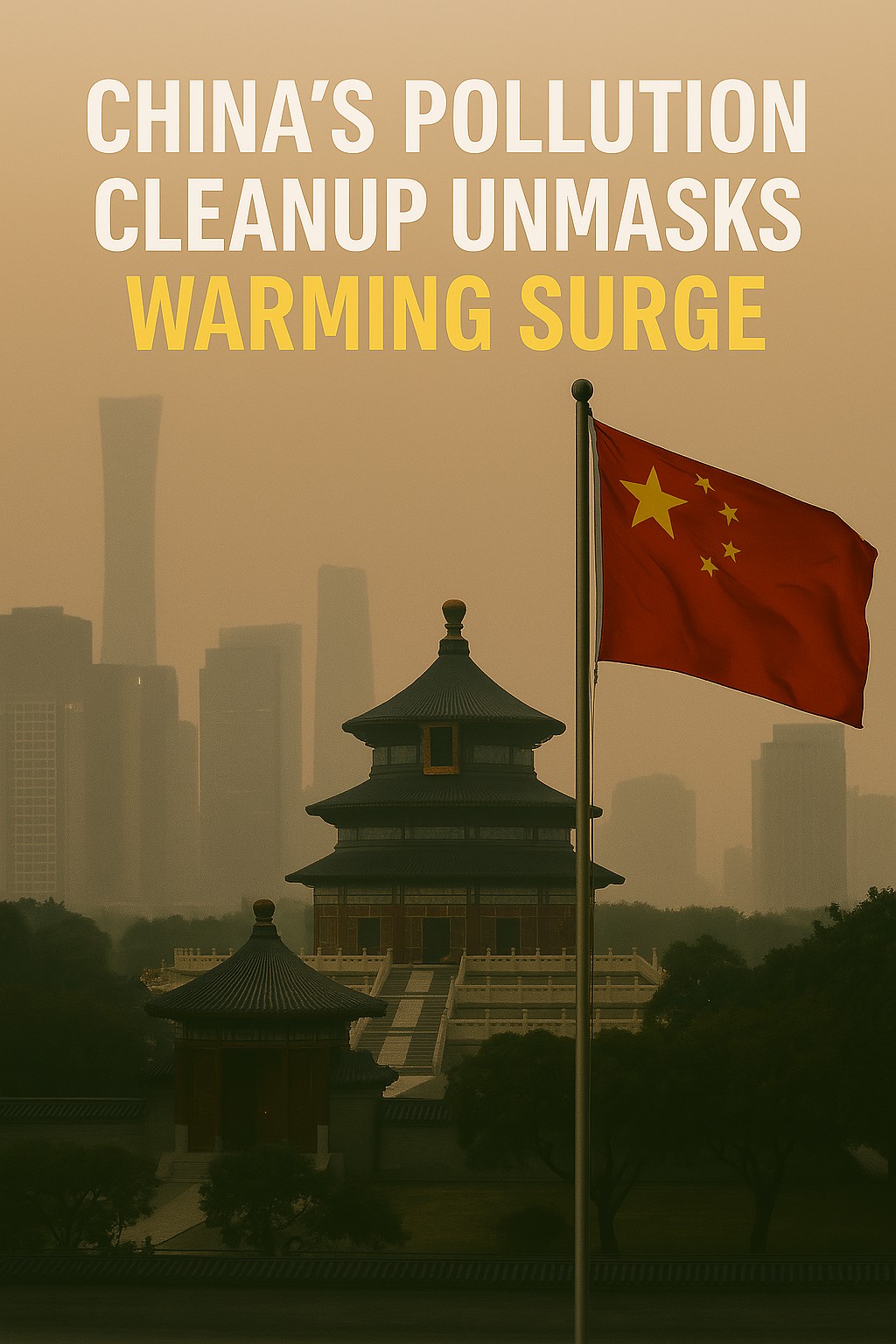MAKATI CITY – Marine science and geopolitical experts urged the government, private sector, and international community to collaborate to protect our marine environment in the West Philippine Sea amid massive coral destruction due to China’s continuous illegal activities in the area.
The experts made the statement during a West Philippine Sea marine conservation forum on Tuesday, organized by the Stratbase ADR Institute, in partnership with the Embassy of Australia in the Philippines.
During the forum, Stratbase ADR Institute President Professor Dindo Manhit said the joint efforts among all sectors of society and international community will uphold the rules-based international order and also protect our seas and oceans.
“We believe that in our collective pursuit of marine conservation, people are tasked not only to protect our marine resources but ensure their sustainable and responsible use. As we fight to assert our rights and safeguard our marine environment, collaborating with key stakeholders in the government, private sector, and the international community is crucial,” he explained.
“The Institute calls on all sectors of society and the responsible members of the community of nations to stand together to preserve, conserve, and protect our seas and oceans. Our joint efforts serve as the hull that supports the rules-based order and the mast that sustains the region’s peace, prosperity, security, and stability amid the unsettling gusts by antagonistic actors,” Manhit said.
Asked about the size of coral destruction, Armed Forces of the Philippines (AFP) Spokesperson Col. Francel Padilla-Taborlupa cited the Center for Strategic and International Studies’ report bearing the 21,000 acres of coral reefs damaged by Chinese activities.
To combat further harmful activity, Padilla-Taborlupa stated that they stationed their biggest coast guard vessel in the area to prevent Chinese reclamation of Escoda Shoal following the dumping of dead corals in the area.
“This is not just an AFP concern but the whole international community, and that’s why I believe that as like-minded nations, we are one in the same goal of having a free and open Indo-Pacific,” Padilla-Taborlupa said.
Emphasizing the value of collaboration, Political Second Secretary Alex Sodomaco stated that Australia invested PHP 328 million in the Philippines’ civil maritime security program to strengthen maritime governance arrangements, institutional capacity-building, and discussions and analyses of maritime issues.
“As strategic partners, Australia and the Philippines will continue to seek opportunities to work together to preserve the marine environment, combat climate change, and build our disaster resilience,” Sodomaco said.
In strengthening collaboration with the international community, Non-Resident Fellow Dr. Mary Kristerie Baleva highlighted the value of multilateral environmental agreements like the Biodiversity Beyond National Jurisdiction (BBNJ) Agreement, which aims to reverse destructive ocean trends and restore ocean health.
“If a critical mass of states become parties to the BBNJ Agreement, there will be an additional layer of legally binding obligations that would help conserve and sustainably use marine biodiversity,” Baleva said.
“Policy definitely needs to be informed by science, and that is the marriage we need to come up with in order to be effective stewards of marine biodiversity and ecosystems,” Baleva added.




